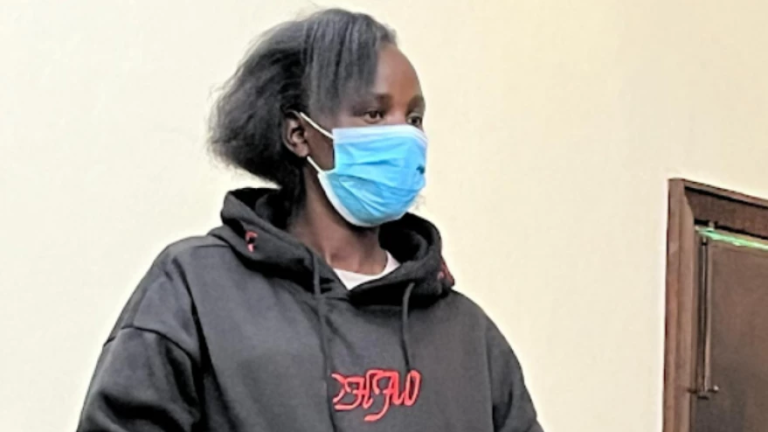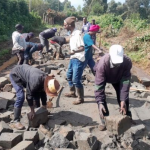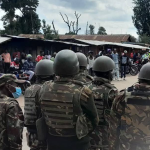In Tana River County, a silent but heartbreaking crisis is happening. Every day, dozens of women living with HIV are forced to hide their antiretroviral medication (ARVs) in secret places.
These places includes, inside bushes, under trees, or even tucked away in food containers. They take their medicine quietly, away from the eyes of their husbands, neighbors, and sometimes even their own children.

Women like Hanna Mwanahawa and Hawoo Ibrahim are among those suffering in silence. They face serious stigma and fear for their safety at home.
Their husbands have forbidden them from taking treatment. Some men believe that HIV is part of God’s plan and that taking medicine goes against divine will.
Because of these harmful beliefs, these women must therefore, choose between saving their lives or keeping peace in their homes.
The deadly power of stigma
Local health officials have raised the alarm. Tana River County has one of the highest rates of HIV-related stigma in Kenya.
According to recent data, the stigma index stands at 48%. This number tells a painful story—not just about social rejection, but also about the danger of violence, emotional pain, and loneliness.
As a result, many women are living in constant fear. Some face daily emotional abuse. Others receive threats of being abandoned. In the worst cases, some women are physically assaulted if they are caught taking their medication.
For example, Hanna shares her reality:
“I have to hide my pills in a hollow tree trunk near the river. If my husband finds them, he will beat me and take our children away.”
Why this is still happening
Sadly, One of the biggest reasons this continues is because of deeply rooted cultural and religious beliefs. In many rural communities, people wrongly believe that HIV is a curse or a punishment for immoral actions.
In most cases, women are blamed for bringing the disease into the home—even though health reports show that many women actually contract the virus from their husbands.
The shame and blame are heavy. Women are often made to feel like outcasts. Some are not even allowed to visit health centers, making it even harder to get proper care and support.
Ongoing efforts and signs of hope
However, even with all these challenges, there is still hope. Organizations like the Ministry of Health’s NSDCC, LVCT Health, and NEPHAK are working hard to change things.
They have launched mobile health clinics, awareness campaigns, and safe spaces where women can get their medicine without fear.
However, despite all these efforts, change is slow. In homes where men have full control over decisions, many women still find it nearly impossible to access healthcare freely. The fight for equality and understanding is far from over.
See also Public outrage over gender CS nominee’s remarks on femicide
Brave health workers on the frontlines
Still, not all is lost. Across Tana River County, local health workers are showing courage and compassion towards locals.
They are working side by side with trusted community elders and religious leaders to educate families and support those in need. Their goal is to make sure that women can get their medication safely and with dignity.
Mary Wayua, a nurse based in Garsen, said it best:
“Access to medication is a right, not a favor. We cannot allow stigma to continue killing our mothers, sisters, and daughters.”
What must happen next
Looking ahead, it is clear that more work needs to be done. Until harmful beliefs and attitudes change, many women living with HIV in Tana River will continue to face two battles every single day.
One is against the virus. The other is against the silence, shame, and stigma that surround it. These women are not just fighting for their health—they are fighting to be seen, to be heard, and to be free













